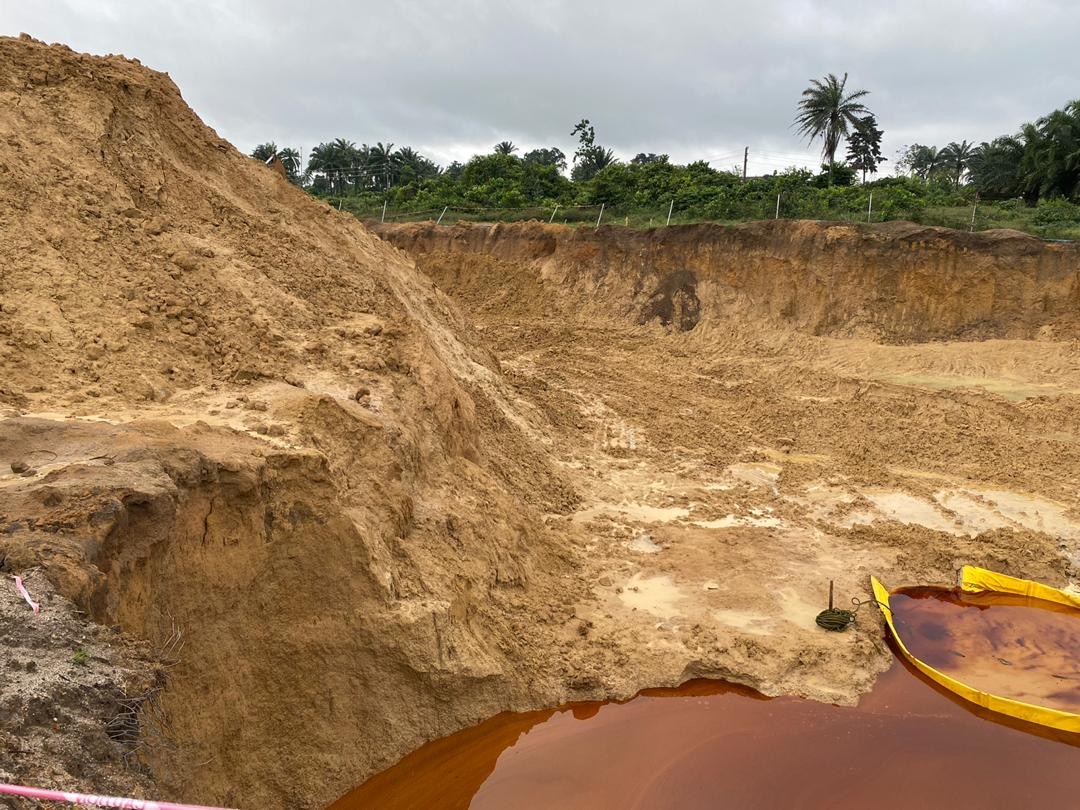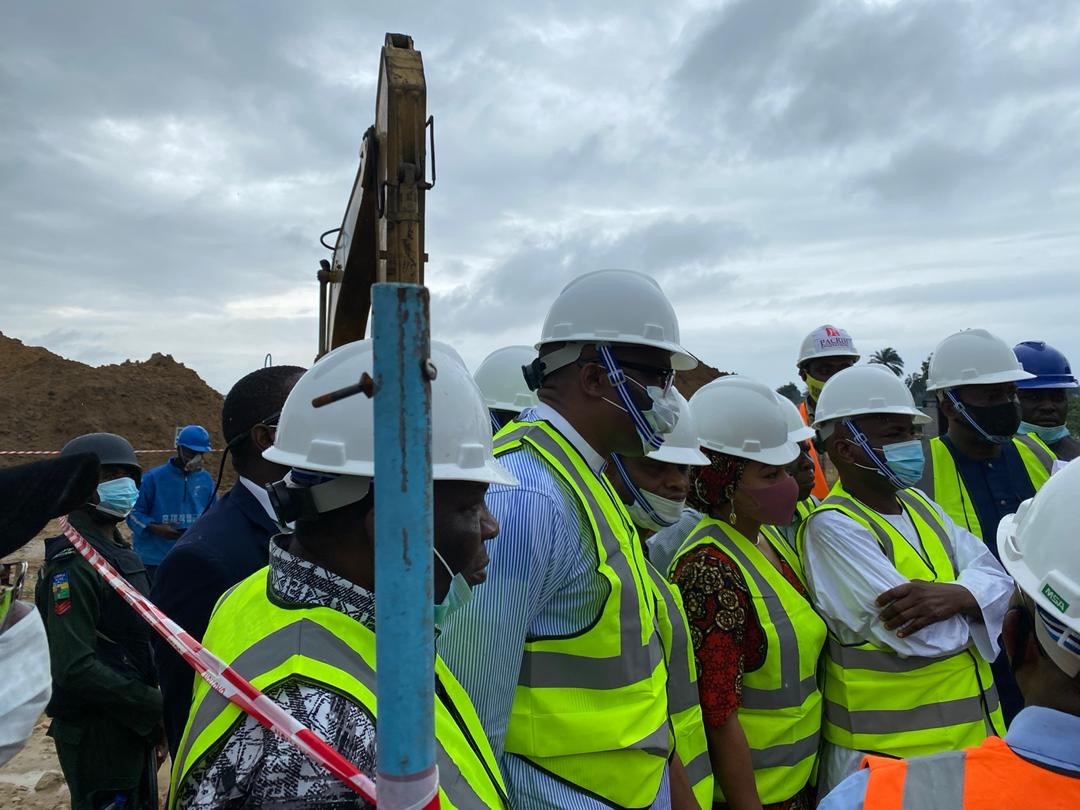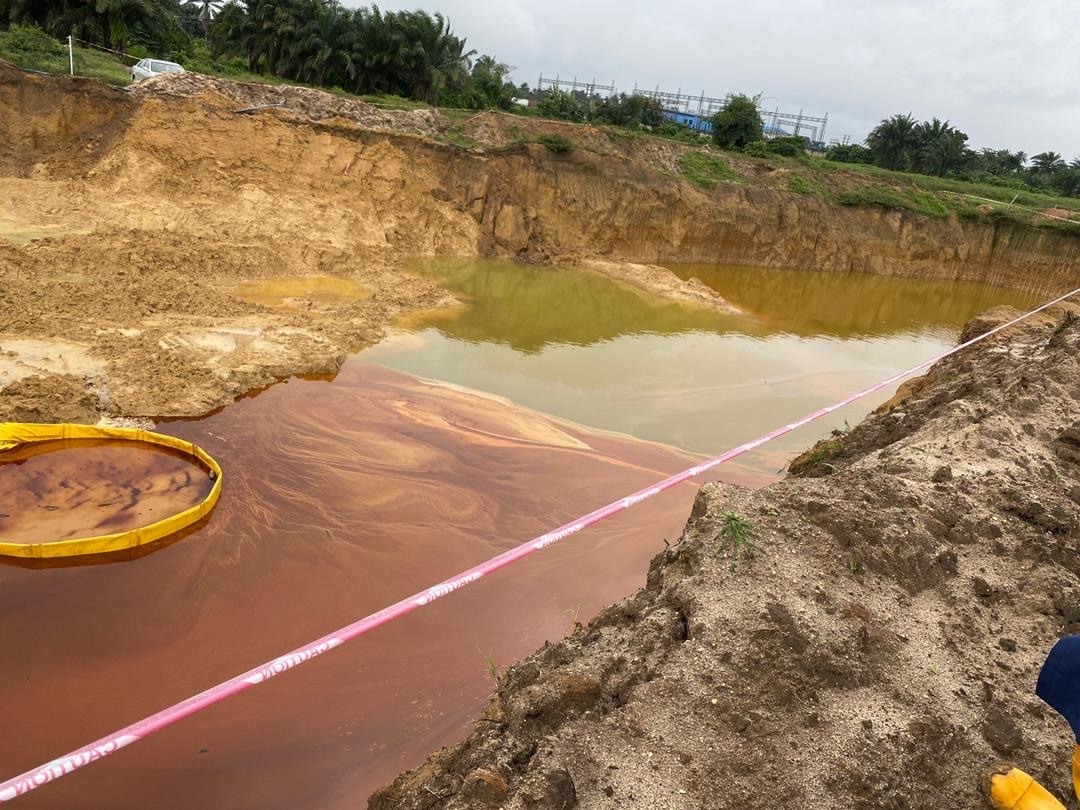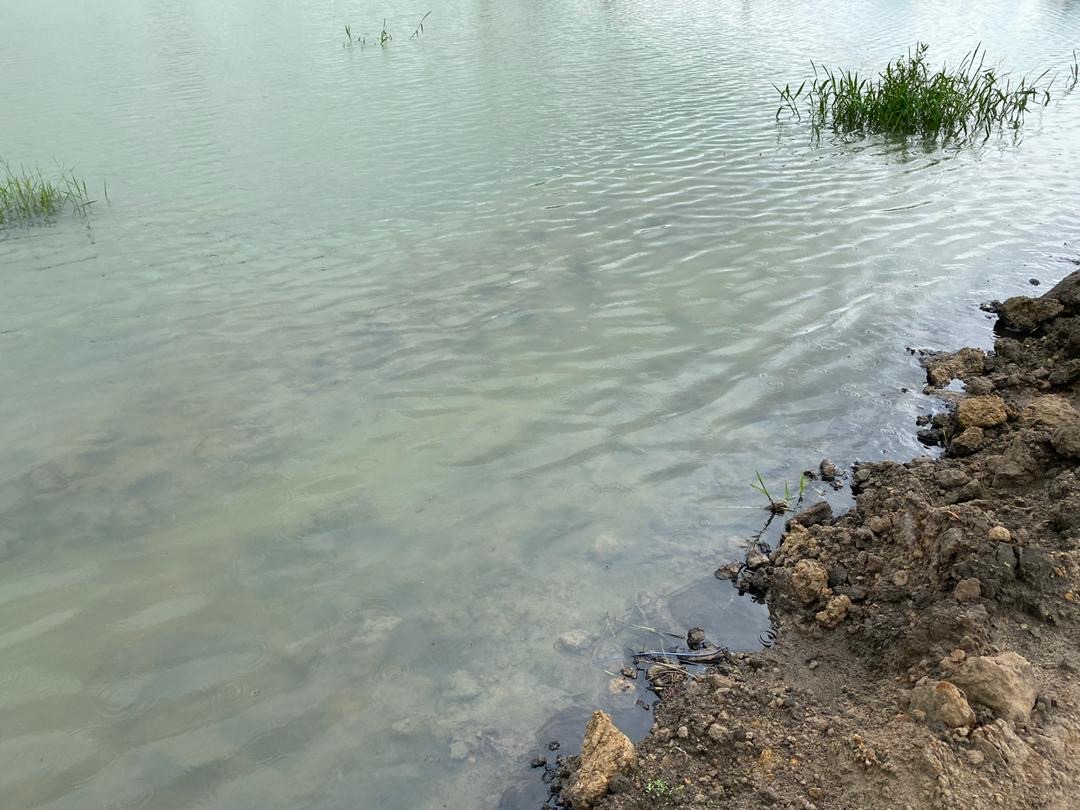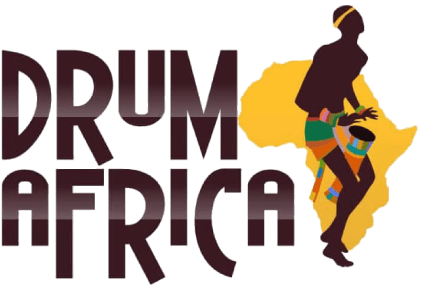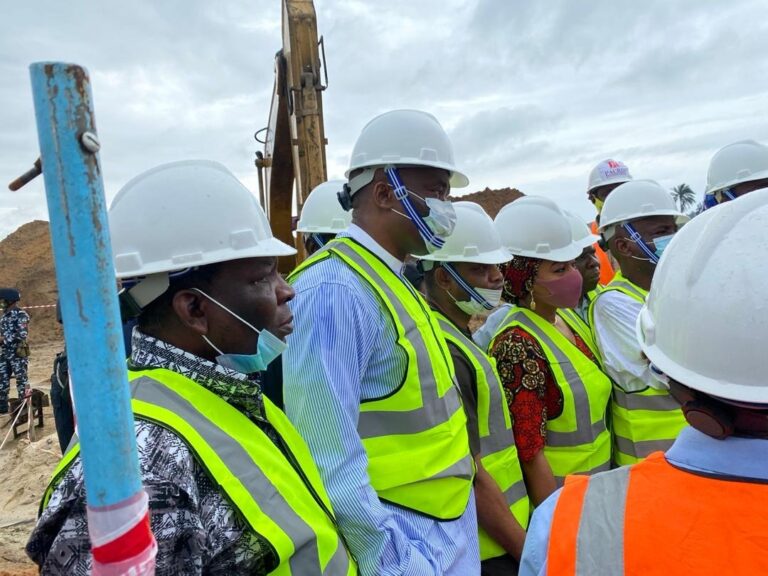The Joint Committees of the Senate and House of Representatives on Climate Change, Environment and Ecology, this week commenced investigative oversight to ascertain the progress so far recorded in the oil spillage clean up in Ogoni and to also find out why the on-going project is yet to end.
This is following a petition addressed to the House dated August 20, 2020 in which the Ogoni Youth Federation (OYF) accused the management of the Hydrocarbon Pollution Remediation Project (HYPREP), which is responsible for the coordination of clean-up activities, of incompetence, and corrupt practices.
The petition, which was signed by the President, Legborsi Yamaabana, and Secretary of the group, Ntormabari Yesua, urged the National Assembly to probe the alleged derailment of the project.
Responding to questions from Drum Africa correspondents on the government’s clean-up efforts in Ogoniland, House Spokesperson, Rep. Benjamin Kalu, who was also part of the investigating team from the House, said;
“The liquid gold enjoyed by all Nigerians have left a bitter taste on the lips of the people of Niger Delta. Gladly, the Federal Government is interested in cleaning this up in partnership with the United Nations Environmental Program (UNEP).”
“The committee went to see the progress so far recorded and why the project is yet to end. With my team, we visited the Eleme site with about four lots, unfortunately, the rain stopped us from visiting other sites. We shall be back for more field examination soon after which we shall communicate our findings.”
News of the Federal Government’s partnership with the United Nations Environmental Program (UNEP) to clean up the oil spillage in the Ogoniland, Niger Delta region comes following UNEP’s environmental assessment report which included the following recommendations for the Nigerian Government;
- The Government of Nigeria should establish an Ogoniland Environmental Restoration Authority to oversee implementation of this study’s recommendations. With a fixed initial lifespan of 10 years, the Authority will have a separate budget which will accrue from an Ogoniland Environmental Restoration Fund and its staff will largely be seconded from relevant national and state institutions.
- The overall cost of the clean-up should not be an obstacle to its implementation. Therefore, an Environmental Restoration Fund for Ogoniland should be set up with an initial capital injection of USD 1 billion contributed by the oil industry and the Government.
- To be managed by the Authority, the Fund should be used only for activities concerning the environmental restoration of Ogoniland, including capacity building, skills transfer and conflict resolution.
- A Centre of Excellence for Environmental Restoration should be established in Ogoniland to promote learning in other areas impacted by oil contamination, in the Niger Delta and elsewhere in the world. Offering a range of activities and services, the Centre could run training courses in environmental monitoring and restoration and ultimately become a model for environmental restoration, attracting international attention.
- Build the capacity of government agencies to enable them to fulfil their mandates, through such actions as increasing human resources and equipment, and improving the technical skills of staff.
- A public awareness campaign should be mounted to improve the community’s understanding of the environmental and health impacts arising from hydrocarbon contamination in Ogoniland. This should include a formal education component in the academic curricula in the Niger Delta.
The Federal Government and its joint venture partners have so far released $30m for the clean-up of oil polluted sites of Ogoniland in Rivers State.
